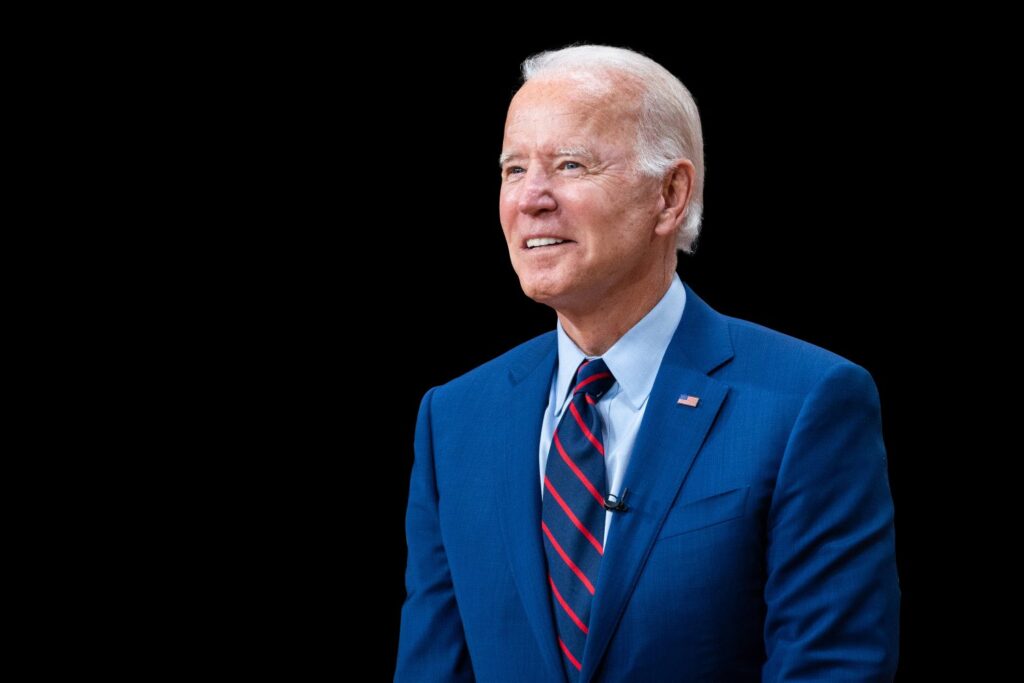November, National Native American Heritage Month

The United States of America is founded on one idea: we are all created equal and deserve equal treatment, equal dignity and equal opportunity throughout our lives, President Joseph Biden said, yet, he said, that promise has been denied to Native Americans who have lived on this land since time immemorial.
Marking National Native American Heritage Month, the president noted that despite a painful history marked by unjust federal policies of assimilation and termination, American Indian and Alaska Native peoples have persevered.
“During National Native American Heritage Month, we celebrate the countless contributions of indigenous peoples past and present, honor the influence they have had on the advancement of our nation, and recommit ourselves to upholding treaty trust and responsibilities, strengthening tribal sovereignty, and promoting tribal self,” she stressed.
In a statement released by the White House, Biden explained that the COVID-19 pandemic has highlighted and exacerbated pre-existing inequalities faced by tribal nations, as at the beginning of the pandemic, reported cases in the Native American community were more than 3 times the rate of white Americans; and in some states, Native American lives were lost at a rate 5 times higher than the proportion of the population.
“Even as they shouldered a disproportionate burden throughout the pandemic, tribal nations have been models of resilience, resolve, and patriotism, implementing key mitigation strategies like testing and prioritizing vaccination of tribal communities at high rates to save lives.”
Biden said the country cannot live up to the promise upon which it was founded while inequalities affecting Native Americans persist.
“My Administration is committed to advancing equity and opportunity for all American Indian and Alaska Native people and to helping tribal nations overcome the challenges they have faced due to the pandemic, climate change, and lack of sufficient infrastructure in a way that reflects their unique political relationship.”
In that regard, he noted that the American Rescue Plan represented the most significant funding legislation for the Indian Nation in the country's history, with $20 billion in direct funding to help tribal governments combat and emerge from the COVID-19 Crisis.
He said his administration is pushing for strong tribal involvement to help build a clean energy future, implement clean water and high-speed internet in every home, and invest in Native American families, businesses, jobs and communities.
Earlier this year, to further elevate Native American voices, the administration relaunched the White House Council on Native American Affairs.
During National Native American Heritage Month, we also honor our Native American veterans and service members who have bravely served and continue to serve in our Armed Forces, including the brave Native American Code Talkers in World War I and World War II.
Separately, the president also recognized Native Americans who have served in the country's military, who, for more than 200 years, he said, "have defended our country during every major conflict and continue to serve at a higher rate than any other ethnic group in the nation."
"Because of their selflessness, every generation of Americans receives the precious gift of freedom, and we owe each of them and their families a debt of gratitude for their sacrifice and dedication."
“Native American roots run deep in this land – a homeland loved, nurtured, strengthened, and fought for with honor and conviction. This month and every month, we honor the precious, strong, and enduring cultures and contributions of all Native Americans and recommit to fulfilling the full promise of our Nation together,” he concluded.
You might be interested in: Minority Community Leaders Who Made Their Mark on American Activism

